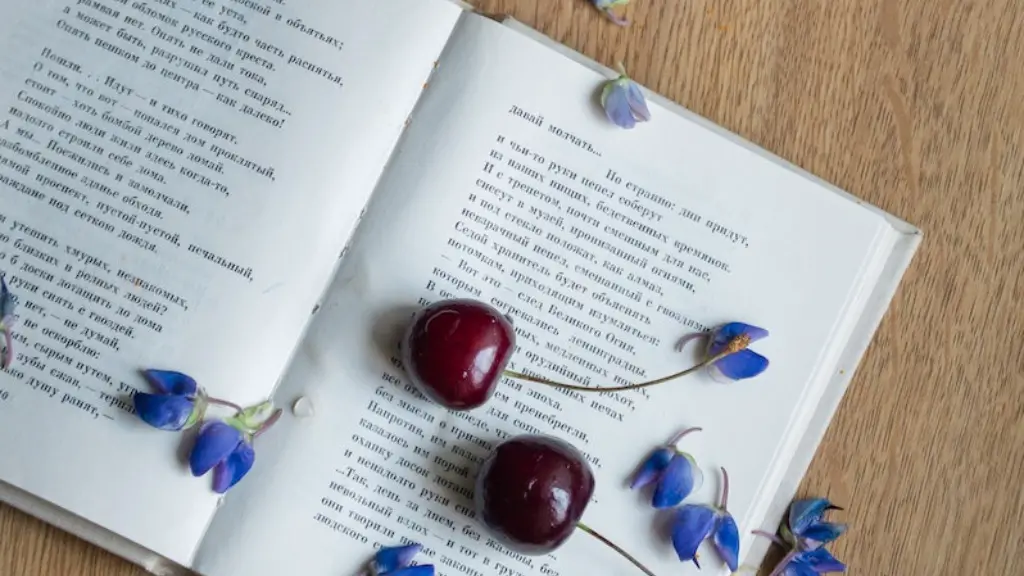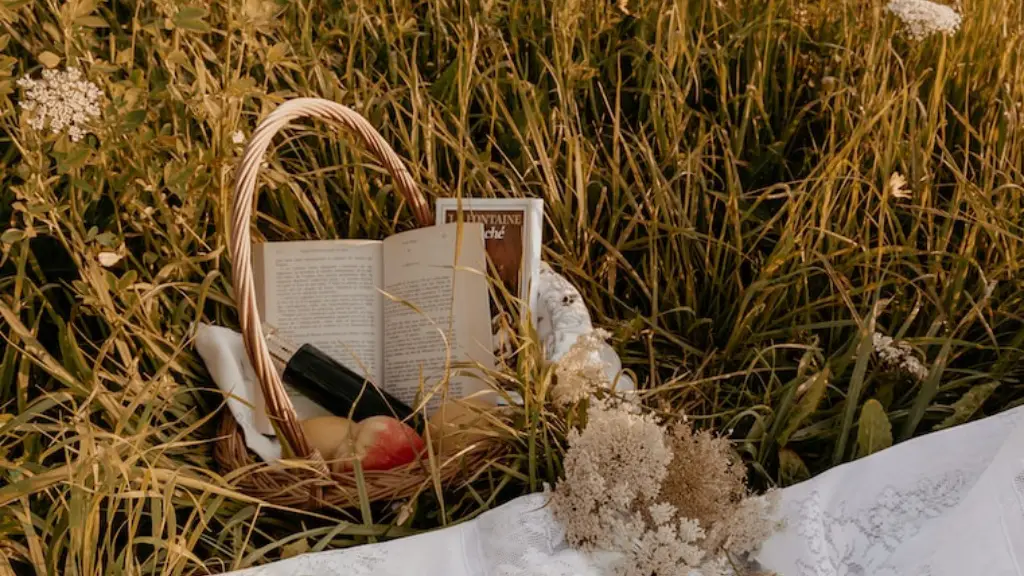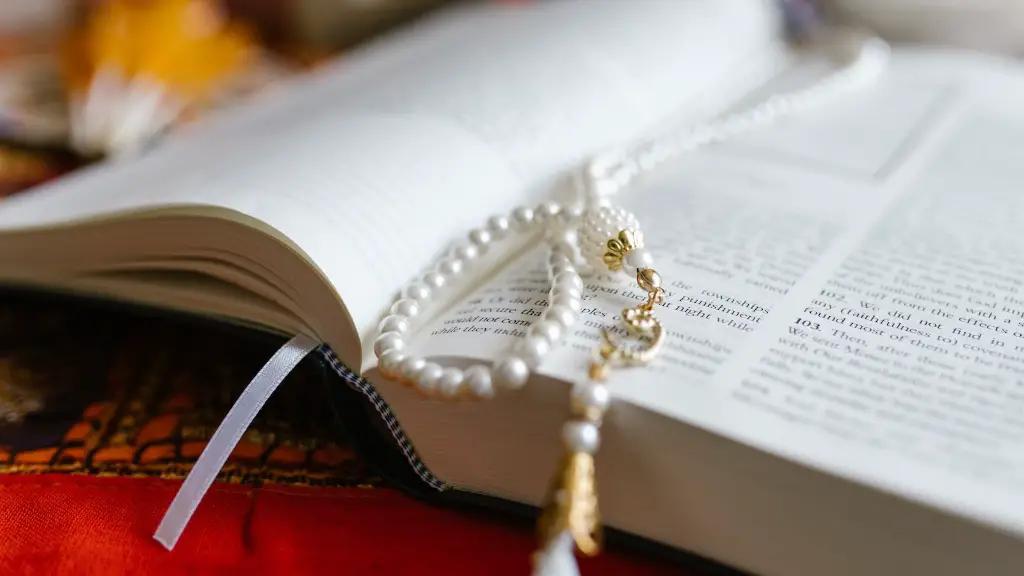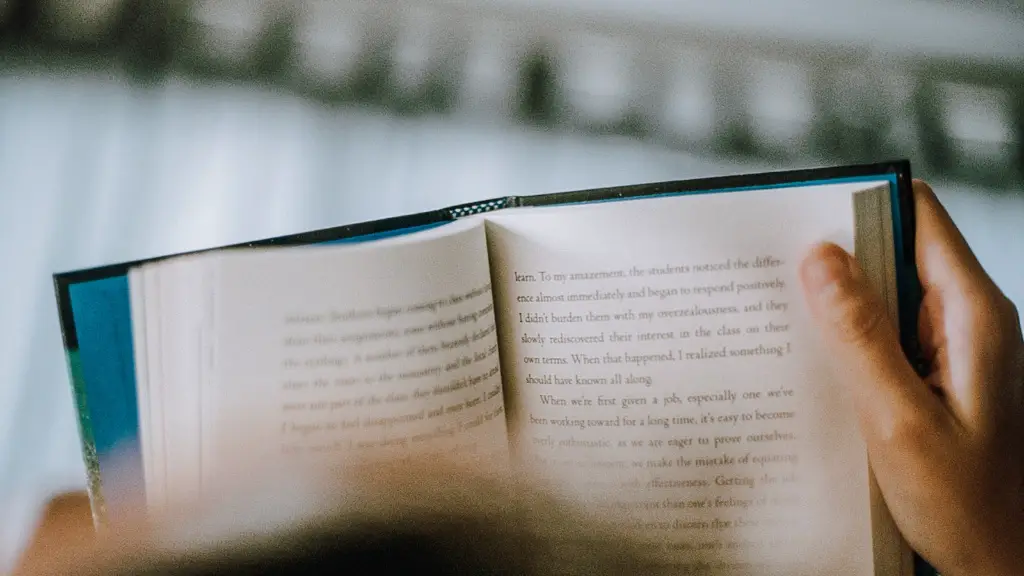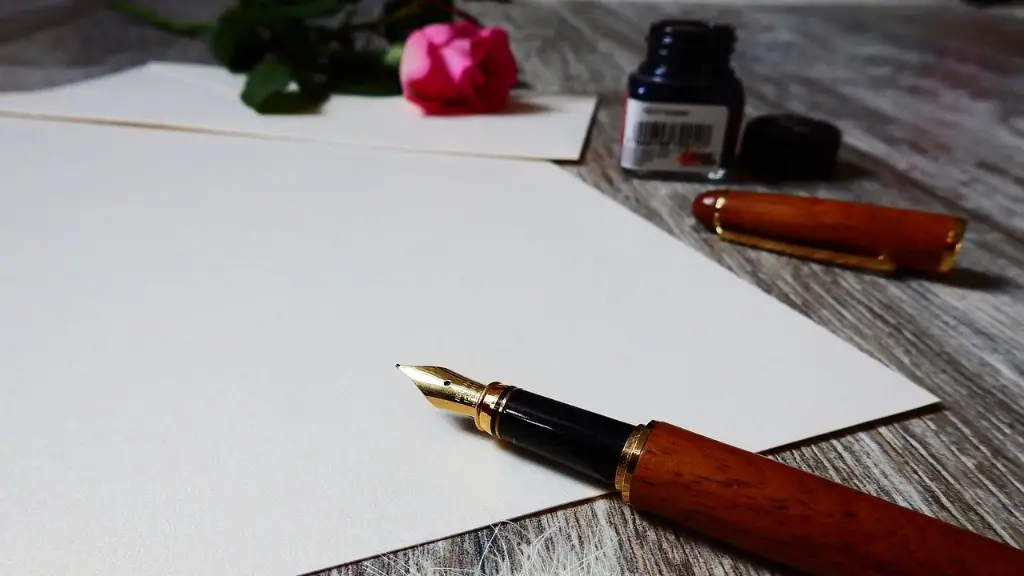Emily Dickinson is one of the most important American poets of the nineteenth century. Though she was a prolific writer, only a small number of her poems were published during her lifetime. Dickinson is now considered one of the most original and innovative poets of her time.
Dickinson was born in Amherst, Massachusetts, in 1830. She attended Amherst Academy for seven years and then spent one year at Mount Holyoke Female Seminary before returning home. Dickinson lived a reclusive life for much of her adult years, but she maintained a wide correspondence with friends and family.
Dickinson wrote more than eighteen hundred poems, which were found after her death in 1886. Her poetry is characterized by its use of brilliant imagery, extreme brevity, and unconventional punctuation and capitalization. Dickinson’s subjects are mostly drawn from her immediate world of family, friends, nature, and death.
Dickinson’s belief system is enigmatic and remains a subject of intense scholarly debate. It is clear, however, that Dickinson was profoundly interested in issues of life and death, the nature of the soul, and the existence of God.
There is no one answer to this question as Emily Dickinson’s beliefs were complex and multi-faceted. However, some of the main ideas that she is known to have believed in include the power of Nature, the existence of the soul after death, and the importance of personal relationships. Dickinson was also a very spiritual person, and she often turned to religion for guidance and comfort. Overall, her beliefs were highly personal and unique, and they often differed from the mainstream beliefs of her time.
What was Emily Dickinson religious beliefs?
Emily Dickinson was brought up in a Calvinist household and attended religious services with her family at the village meetinghouse, Amherst’s First Congregational Church. Congregationalism was the predominant denomination of early New England. Emily Dickinson’s poetry often reflects her Calvinist upbringing and her deep religious faith.
Emily Dickinson was a keen observer, and she used images from nature, religion, law, music, commerce, medicine, fashion, and domestic activities to probe universal themes. She was particularly interested in the wonders of nature, the identity of the self, death and immortality, and love.
What did Emily Dickinson advocate for
The Dickinsons were strong advocates for education and Emily received an early education in classic literature, mathematics, history and botany. Emily’s education prepared her well for a successful career as a writer.
Although Dickinson is a religious person who believes in the inevitability of death and afterlife, she is a non-conformist as she is skeptical and curious about the nature of death. Transcendentalism is the other factor that contributes to Dickinson’s preoccupation with death as indicated in her poems.
What did Emily Dickinson think of slavery?
In the midst of the nation’s division over slavery, Dickinson’s attitude toward slavery and African American was unstable and inconsistent. While Dickinson did not make political comments about slavery unlike Thoreau or Whitman, she was not totally indifferent to the issue.
Dickinson’s style is unique in that she disregarded many common literary rules. She experimented with capitalization and allowed sentences to run on. Her work was inspired by the rhythmic devices of religious psalms, but she commonly interspersed her own creative pauses within the stanzas.
What is the most famous Emily Dickinson quote?
Hope is a beautiful thing. It’s the feathers that perch in our soul and sing the tunes without the words. It never stops at all.
A note on following topic:
It is important to be aware of the various types of financial fraud that can occur. Financial fraud can take many forms, from fraudulent investment schemes to identity theft. By being informed about the different types of fraud, you can help protect yourself and your finances.
What is Emily Dickinson’s style of poetry
Emily Dickinson is one of America’s most famous poets. She is known for her use of slant-rhyme, conceits, and unconventional punctuation, as well as her near-legendary reclusive habits. Emily was born into a prominent Amherst, Massachusetts family. She didn’t marry or have children, and she spent a lot of her time at home, writing poetry. Emily’s poems deal with themes of love, death, and nature. She is considered one of the most important American poets.
Dickinson’s arguments against the Townshend Acts were clear and concise, and easily understandable by the general public. He argued that the Acts were illegal because they were intended to raise revenue, a power held only by the colonial assemblies. Dickinson’s arguments were influential in helping to lead to the eventual repeal of the Townshend Acts.
Was Emily Dickinson suicidal?
Emily Dickinson was one of America’s most famous poets. She died of natural causes in 1886, at the age of 55. Her personal life was famously enigmatic, as she spent the later years of her life secluded in her room, having little to no contact with the outside world.
” This phrase has been interpreted in many ways, but some believe that it was her way of saying goodbye to the world and that she was finally ready to enter the afterlife.
Who were Emily Dickinson’s lovers
Emily Dickinson and Susan Gilbert had a complex relationship that has been the subject of much scholarship. Gilbert was Dickinson’s childhood friend and later became her sister-in-law after she married Austin Dickinson, Emily’s brother. The two women lived next door to each other throughout their adult lives and were rumored to have been in a romantic relationship. While there is no definitive proof that they were lovers, the evidence suggests that they had a deep and meaningful connection that lasted their entire lives.
Emily is an INFP, which means she is introverted, idealistic, and adaptable. She usually enjoys being alone or with a small group of people, and she probably prefers to listen to and contemplate during conversations.
What made Emily Dickinson different from other poets?
Emily Dickinson’s writing style is unique in that she use dashes, dots, and unconventional capitalization to create vivid imagery and idiosyncratic vocabulary. Instead of using pentameter, she was more inclined to use trimester, tetrameter, and even dimeter at times. This made her writing style more unique and interesting.
Emily Dickinson was a romantic, transcendentalist poet in the nineteenth century in the United States. Her work is characterized by its focus on the inner self and the natural world. Dickinson’s biography displays the influences and forces that affected her writing.
Warp Up
Emily Dickinson believed that language was a key to understanding the world and that words had the power to transform reality. She believed that the world was full of mystery and that death was not the end, but merely a transition.
Emily Dickinson believed that the soul lives on after death. She also believed in the power of love and its ability to transcend time and space.
